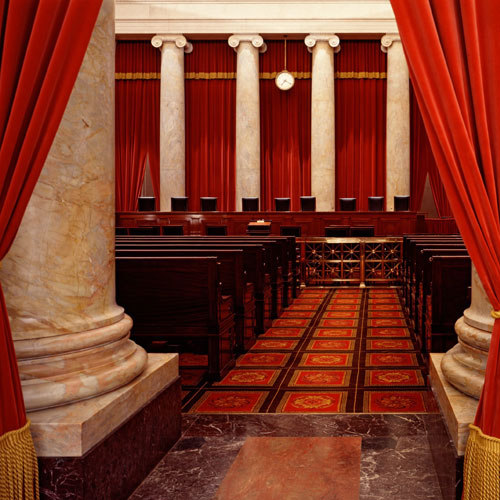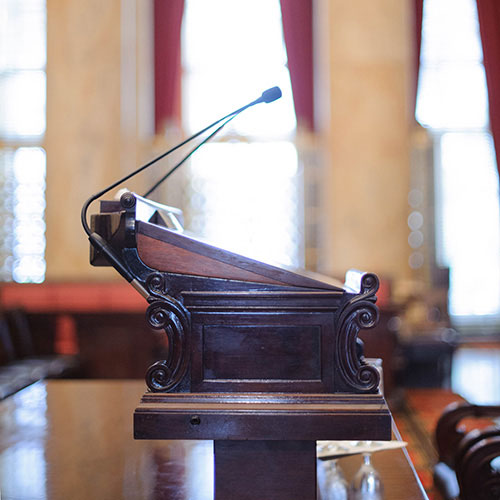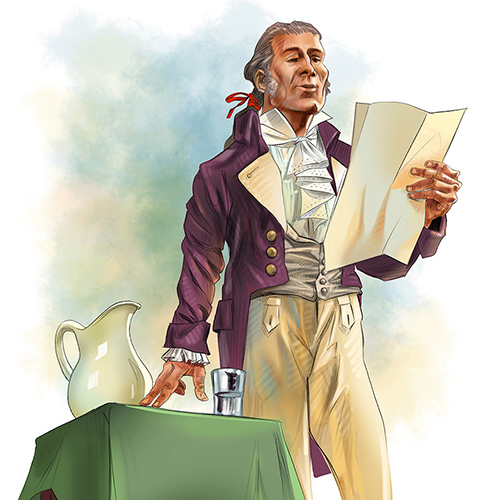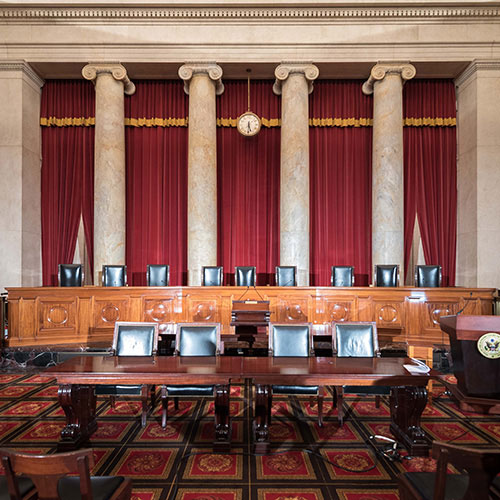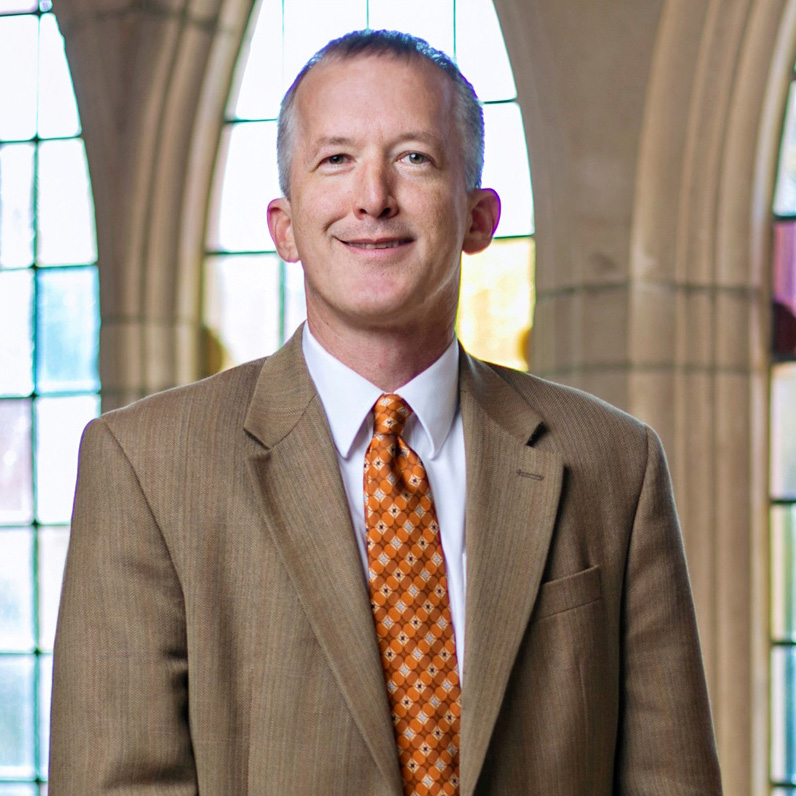
In June 2021, Melvin I. Urofsky retired as Chair of the Board of Editors of the Journal of Supreme Court History and as a member of the Publications Committee after giving exemplary and dedicated service to the Supreme Court Historical Society for nearly thirty years. Professor Urofsky’s departure is a significant loss for the Society, although he will stay on as an occasional book reviewer for the Journal.
We are pleased to announce that Timothy S. Huebner, the Associate Editor of the Journal has agreed to step up to become Chair of the Board of Editors. Huebner serves as Irma O. Sternberg Professor of History at Rhodes College and is the author of Liberty and Union: The Civil War Era and American Constitutionalism, The Southern Judicial Tradition: State Judges and Sectional Distinctiveness, 1790-1890, and The Taney Court: Justice, Rulings, and Legacy. “The Journal of Supreme Court History is the premier multi-disciplinary publication on the history of the Supreme Court and the Constitution, drawing together scholars and writers in the fields of history, the law and political science,” notes Huebner. “I consider it a high calling—and a real pleasure—to engage students, scholars, and the public about the history of this enduring yet evolving institution. I believe that in doing so, we all become better caretakers of our inherited tradition and wiser participants in our civic life.”
Michael A. Ross, who has served on the Board for many years, will now take over as Associate Editor. Ross is Associate Professor of History at the University of Maryland and the author of Justice of Shattered Dreams: Samuel Freeman Miller and the Supreme Court during the Civil War Era and The Great New Orleans Kidnapping Case: Race, Law, and Justice in the Reconstruction Era.
Two new scholars, Brad Snyder and Helen J. Knowles, have agreed to join the Board of Editors. They join existing members Huebner, Ross, Ross E. Davies, Laura F. Edwards, Craig Joyce, Paul Kens, Lucas A. Powe Jr., and Donald Grier Stephenson Jr. Snyder teaches constitutional law, constitutional history, and sports law at Georgetown University. He is the author of The House of Truth: A Washington Political Salon and the Foundations of American Liberalism and A Well-Paid Slave: Curt Flood’s Fight for Free Agency in Professional Sports. He recently contributed an article to the Journal titled Sacco-Vanzetti and the Supreme Court, and has given several lectures at the Supreme Court. Knowles teaches political science at Oswego State University of New York. She is the author of The Tie Goes to Freedom: Justice Anthony M. Kennedy on Liberty and Making Minimum Wage: Elsie Parrish v. The West Coast Hotel Company. Her article “May It Please the Court?: The Solicitor General’s Not So ‘Special’ Relationship–Archibald Cox and the 1963-1964 Reapportionment Cases” won the Society’s Hughes-Gossett Prize in 2006.
Finally, Mark Killenbeck, the Wylie H. Davis Distinguished Professor of Law at the University of Arkansas School of Law, has been named Consulting Editor, working with Executive Editor Clare Cushman to perform both line editing and content editing of articles. Professor Killenbeck has a long association with the Society. He has given two lectures in the Supreme Court chamber in the Society’s Leon Silverman Lecture Series and was the expert commentator for a Frank C. Jones Reenactment of the oral argument of the landmark decision M’Culloch v. Maryland (1819). His book, M’Culloch v. Maryland: Securing a Nation, published in 2006 by the University Press of Kansas, was the first book-length treatment of that important case. Killenbeck was the inaugural speaker in the Historical Society’s First Monday Lecture series on October 7, 2019, with Justice Stephen G. Breyer as the host. More recently, he joined Farah Peterson, professor of law at the University of Chicago Law School, on October 4, 2021, for the second First Monday Lecture, a look back at the Supreme Court’s 1821 term. He has also published a number of articles in the Journal, the most recent of which, “Fletcher, Whitney, and the Art of Disagreement,” was an expanded version of his 2019 First Monday lecture.
“The Society is delighted that we can formalize our long-standing relationship with Professor Killenbeck,” says Jim Duff, the Society’s Executive Director. “The Journal is an extraordinary publication,” Killenbeck observes. “It is a leading peer-reviewed venue that plays a key role in preserving the history of the Supreme Court, educating the bench, bar, and general public about the Court and the Constitution and their role in our nation. I look forward to working with the Society’s excellent staff and the Journal’s editors in the years ahead.”
